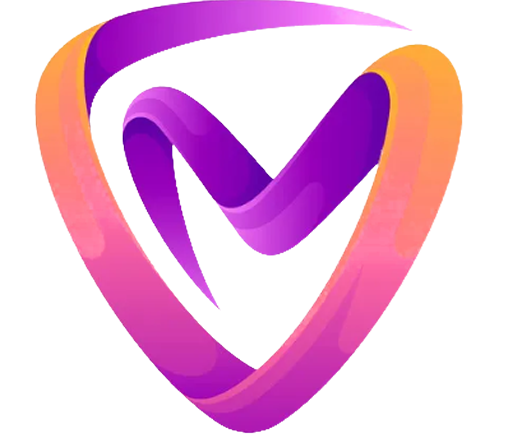NIST selects Ascon for new lightweight cryptography standard
The National Institute of Standards and Technology says it will publish the Ascon group of algorithms in its lightweight cryptography standard later this year.WHY IT MATTERS
NIST has found “a worthy defender” of data generated by small Internet of Things-connected devices as the result of a four-year international competition, according to the…















